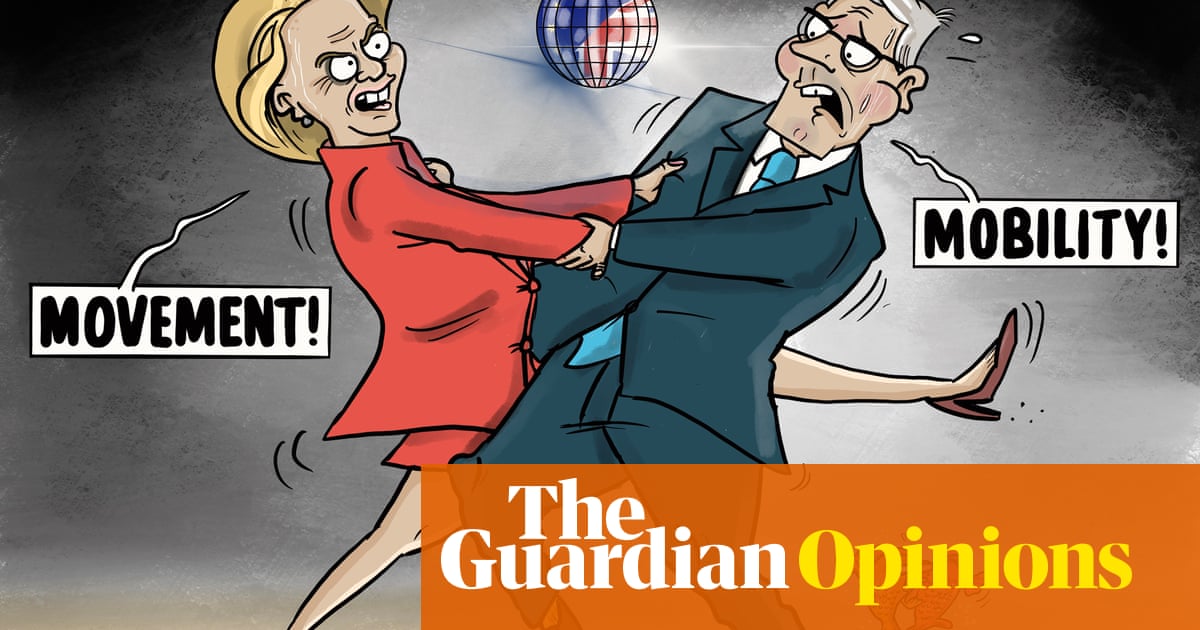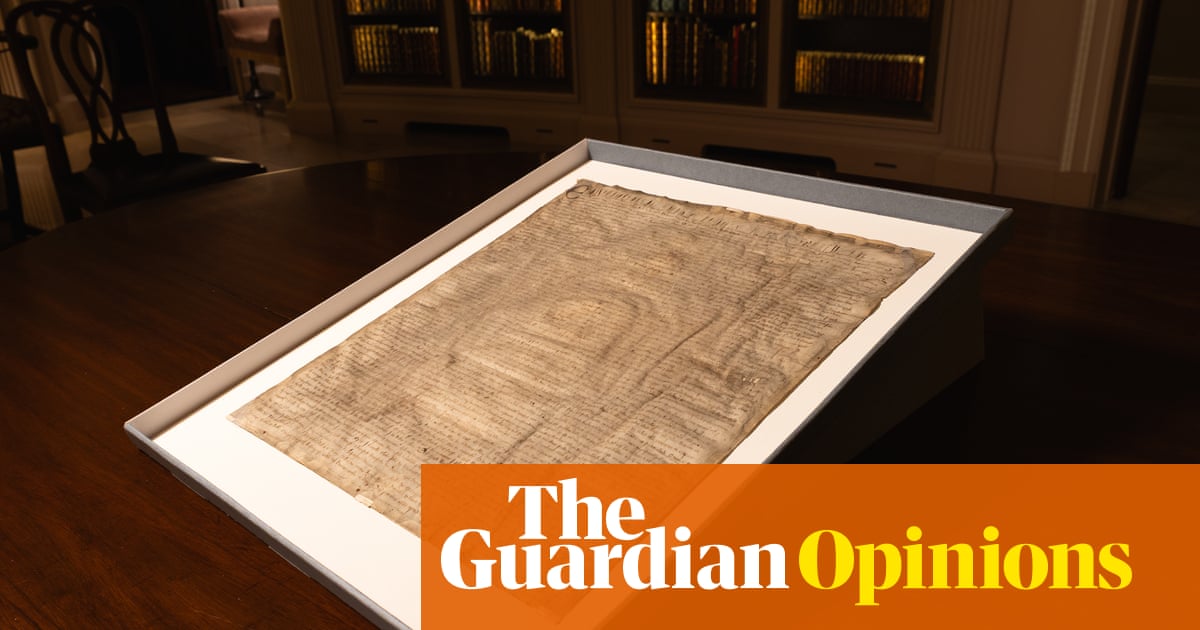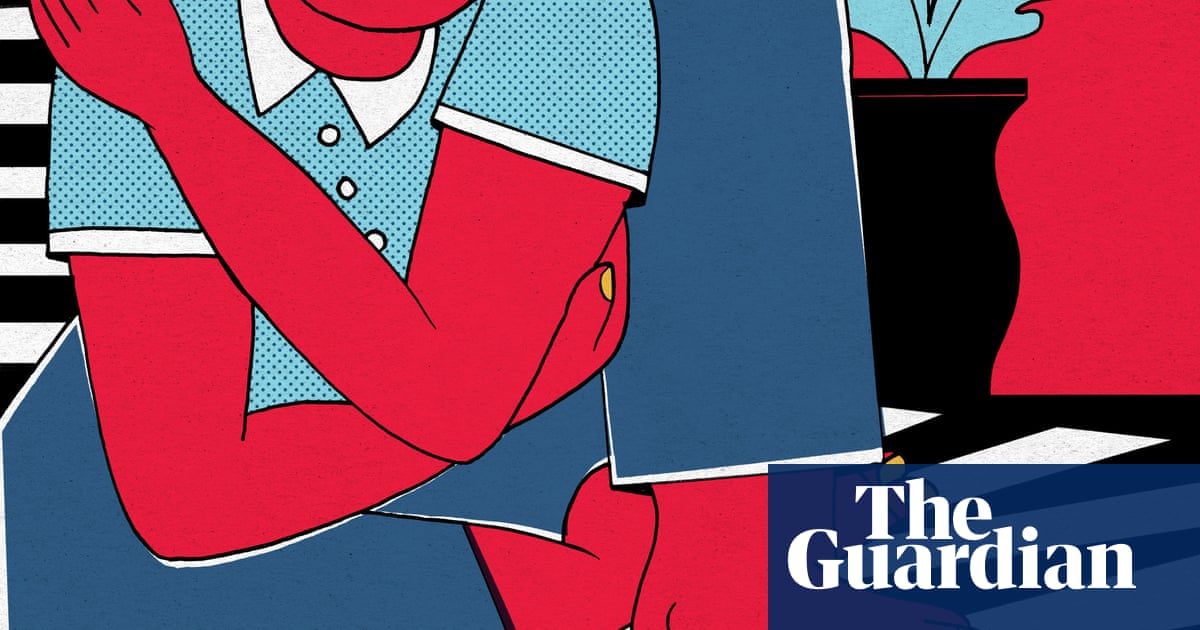Ministers have not adequately considered how assisted dying would affect disadvantaged communities, a palliative care doctor and clinical academic has said.
Bradford-based Jamilla Hussain said the equality impact assessment for the assisted dying bill was “lightweight”, and her own research had highlighted concerns that had not been reflected in the document.
Published earlier this month, the assessment said in its conclusion: “Government is neutral on this bill, however, has offered technical support on workability.
“If it is the will of parliament that this bill becomes law, government will ensure that it is implemented in such a way that attempts to mitigate unlawful discrimination, harassment and victimisation and manage any equality issues that may arise.”
Hussain said: “I’m not against [assisted dying] in principle at all. I’m one of the few palliative care consultants who leans pro.”
But she said the impact of the legislation on minority communities had not been adequately considered.
“This bill has done so little scrutiny of what the impact is going to be on these vulnerable groups” she said.
“They just keep saying time and time again, we’ve got to trust doctors. But we know from patient safety data across the life course, that is not a good enough safeguard.”
Hussain, who also gave evidence on the issue in parliament, has run three consultations with communities in the most disadvantaged areas of Bradford, the first of which worked with 98 people from minority ethnic communities, asking their thoughts around the bill.
“It wasn’t that they were saying, ‘Oh, well, for religious reasons, we’d be against it and therefore we’d be safe’, which is what proponents of the bill suggest,” Hussain said.
“The first thing they said is, ‘We’re scared. We’re scared this is going to affect us disproportionately. Just like in Covid.’
“There’s nothing in the impact assessment saying we need to mitigate against this and how. It won’t just be racialised groups,” she added.
“It’ll be disabled people who are also really scared, and the elderly. We need to assess unintended consequences carefully.”
Members of one consultation group – containing women from Black African, Black Caribbean, Pakistani and Roma backgrounds, who had all experienced domestic abuse, and all knew other women who had – were asked for their experiences in how domestic abuse may manifest in the last six months of life.
One woman said: “My mother-in-law couldn’t physically get up … her legs, they were paralysed … he left her on the sofa in her own waste.
“She fell to the floor. He dragged her across the floor and kept shouting at her to get up. They had a hoist … but he said she has to get up and move herself. She was helpless … from then on I made sure I was always there.”
Another woman said of a different case: “She asked for water and he wouldn’t give it. He drank a full glass in front of her. Her daughter used to leave it [water] out before she went to school.
“One day, she forgot, and it was really sunny, she became very unwell after that.”
Hussain’s research found that the women were concerned abusive men may put pressure on their partners over assisted dying, and they feared some men may do so in order to “move on to a new wife”.
“The biggest risk these women foresee is that assisted dying would be seen as the only way out for the women experiencing domestic abuse at the end of life,” Hussain said.
In another consultation, parents of young people who are autistic, or who have a learning disability, said they were concerned about ableism in how the law would be implemented, and also about the use of independent advocates.
“I am deeply concerned about the provision that there is no requirement to inform family or next of kin until after the assisted death has occurred,” Hussain said.
“This could result in devastating outcomes for families who are excluded from a process that their loved one may not have fully understood or been able to navigate independently.”
Hussain has said that assisted dying legislation must “not shift the risk of bad deaths to much larger and more vulnerable groups of people”.
“The Equality and Human Rights Commission state that when there are evidence gaps for particular groups, consultation and engagement with those groups is essential to understand their experience and needs,” she said.
“And that lack of evidence should never be used as a justification for no action.
“And they haven’t done any of that. It’s really lightweight.”

.png) 3 hours ago
3
3 hours ago
3

















































